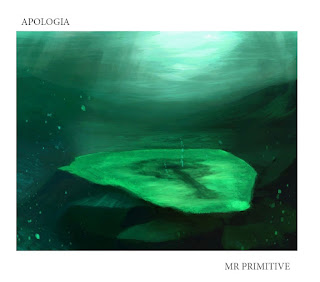I don't normally pay attention to who win the Pulitzer prize in music; I don't even know what the criteria might be, eligibility; anything like that. Some of the winners I know of, some I have no idea, but this year they gave it to the Rap/Hip-Hop artist, Kendrick Lamar for his album, Damn.
It's caused quite a bit of talk, controversy; which I guess should be expected.
Traditionally, the Pulitzer has gone to Classical or Jazz artists, those who have, for the most part, defined musical educations. The assumption is that Kendrick Lamar does not, that he comes to his musical understanding by other means; I doubt Hip-Hop songs are charted out, however in this day and age of Pro Tools and plug-ins, beats, etc, it may simply be the creative melding of existing sounds and sampling, and I assume some performance, into something unique.
Now, I'm not ordinarily an aficionado of Hip-Hop, but I figured the smart thing to do would be to listen to the album, and I did, and it's very good. It grooves, it's got things to say, messages; all the things us oldsters remember the social critique albums of yore having.
Whether adding popular music to the mix in awarding Pulitzers is a good or bad thing I don't know. Does it diminish those who spend years learning and perfecting the classical canon of musical composition and theory and then trying to create and then compete against the titans of those genres for ear time? It might, but that's been a concern for some time.
The other comment made on this asks whether there is a racial component here because classically trained and educated musicians tend to be white, predominantly due to accessibility and wealth; music school ain't cheap!
To me the question inevitably goes to the value of a fine arts education, whether it's music, writing, or the visual arts. When everything is judged based on "Market Value" or what's popular at any given moment, its value will always be subjective even as debt is not. Whether the debt is worth the personal subjectivity is an individual conundrum.
This week's song is from Apologia,
Imperfect Touch. It's about love as a concept versus love as it really exists. The point that compromise and concession are inevitably the only way that love can work between two people no matter how they may wish it could be. Musically, the song came about from the drum track and the synth pattern derived from playing with it. The guitars are mildly distorted through the Effectron, and I pushed to vocals a bit.
Yo can hear it at mrprimitivemusic.com.
©2018 David William Pearce
